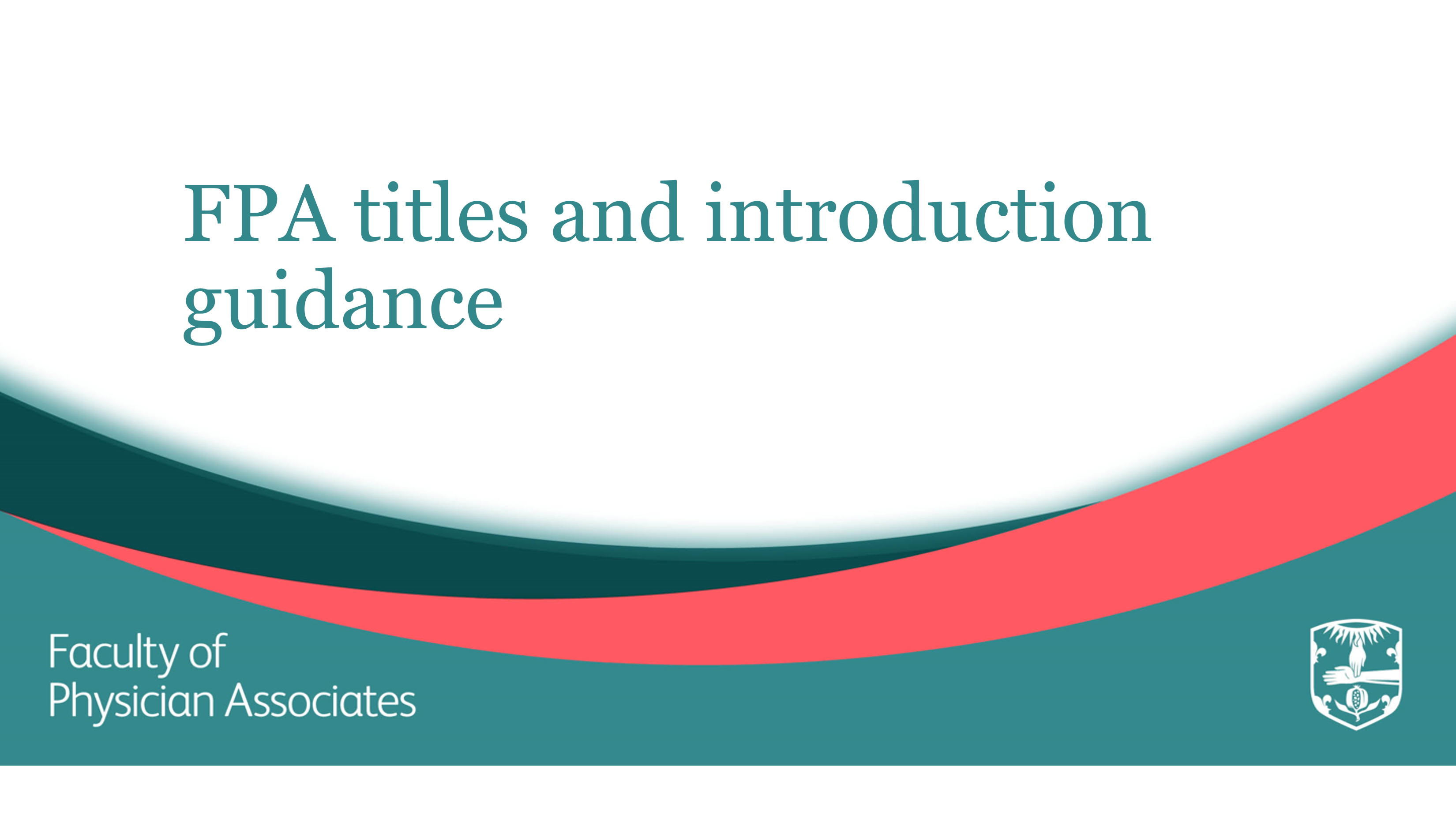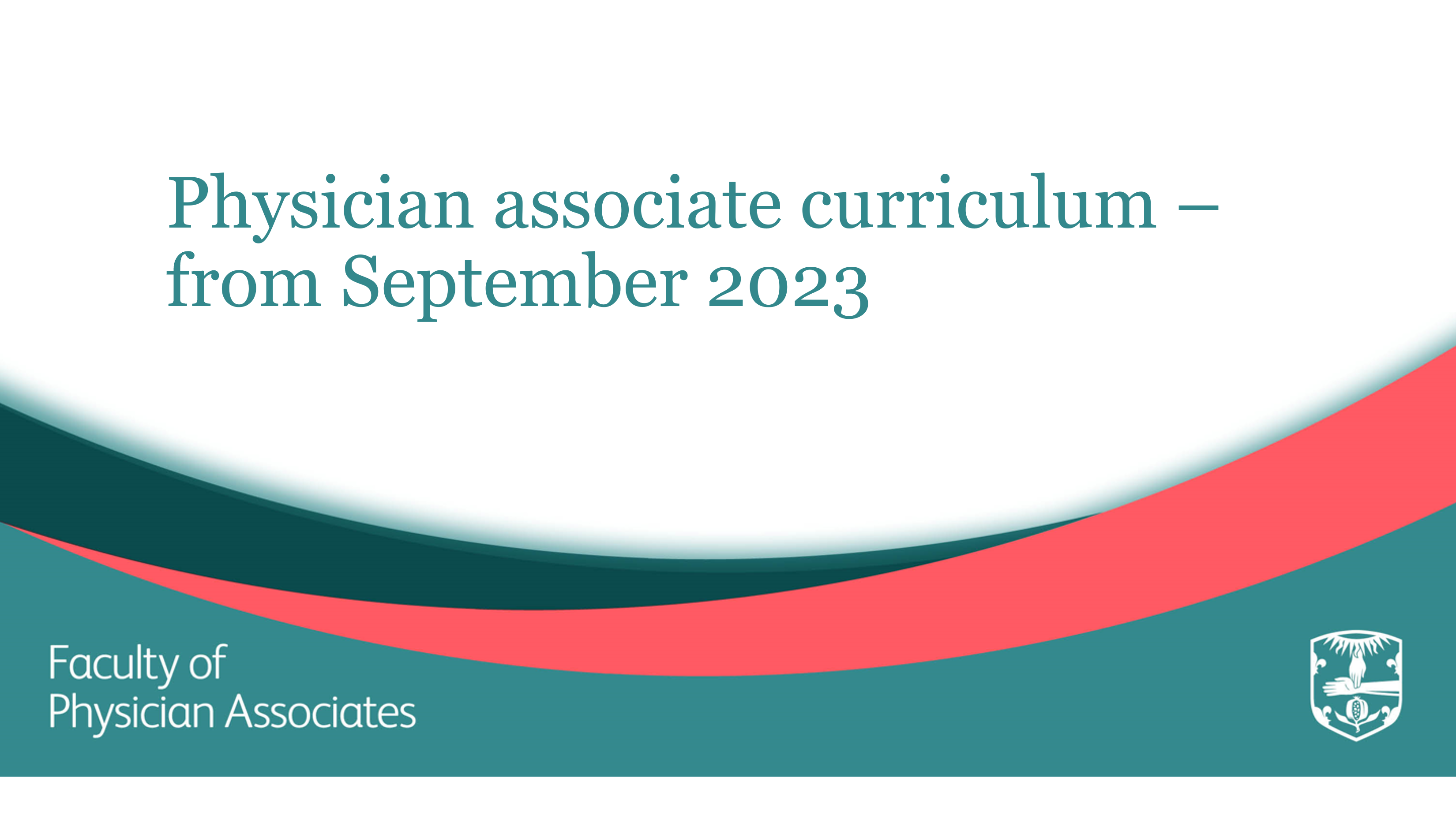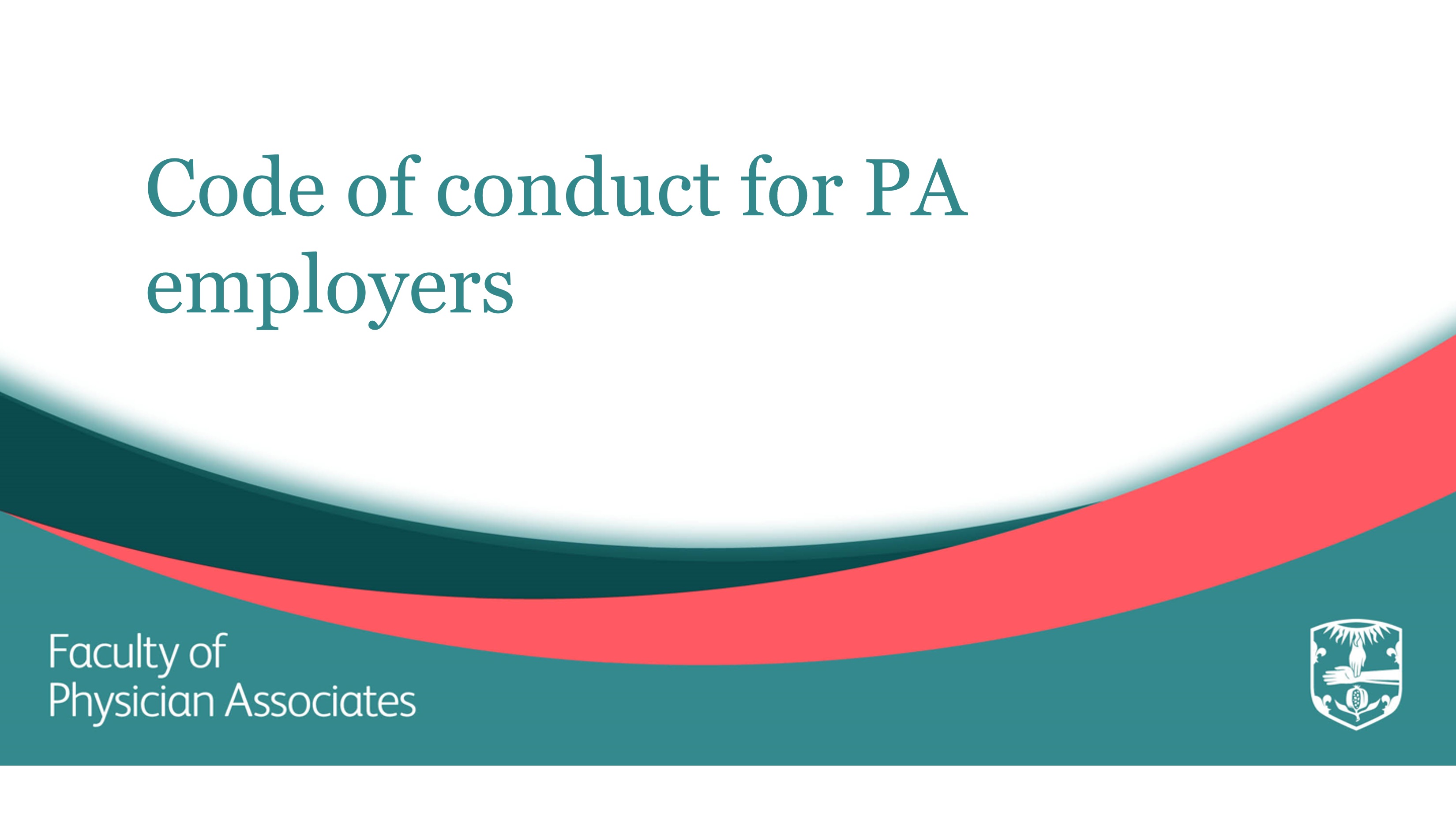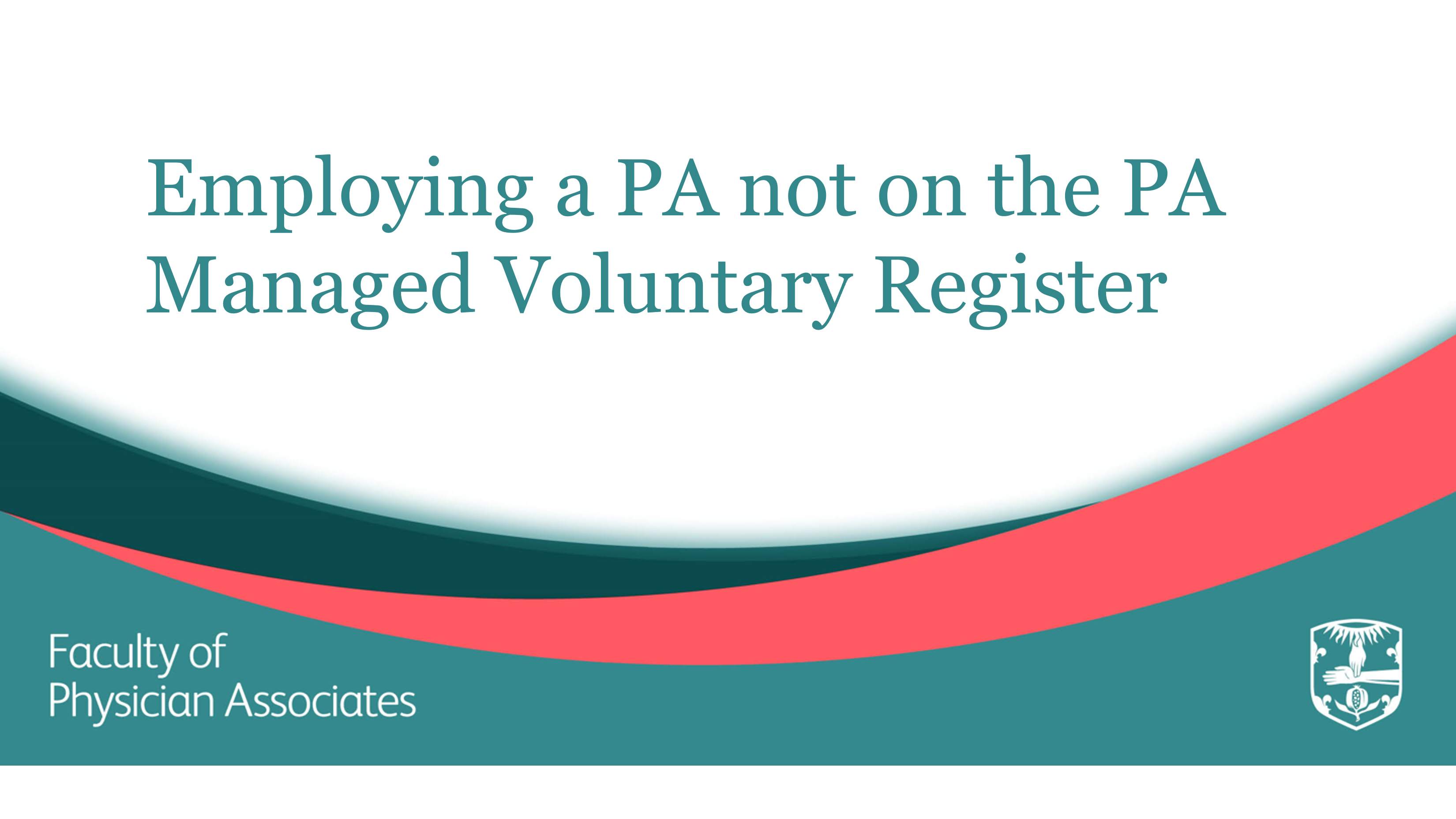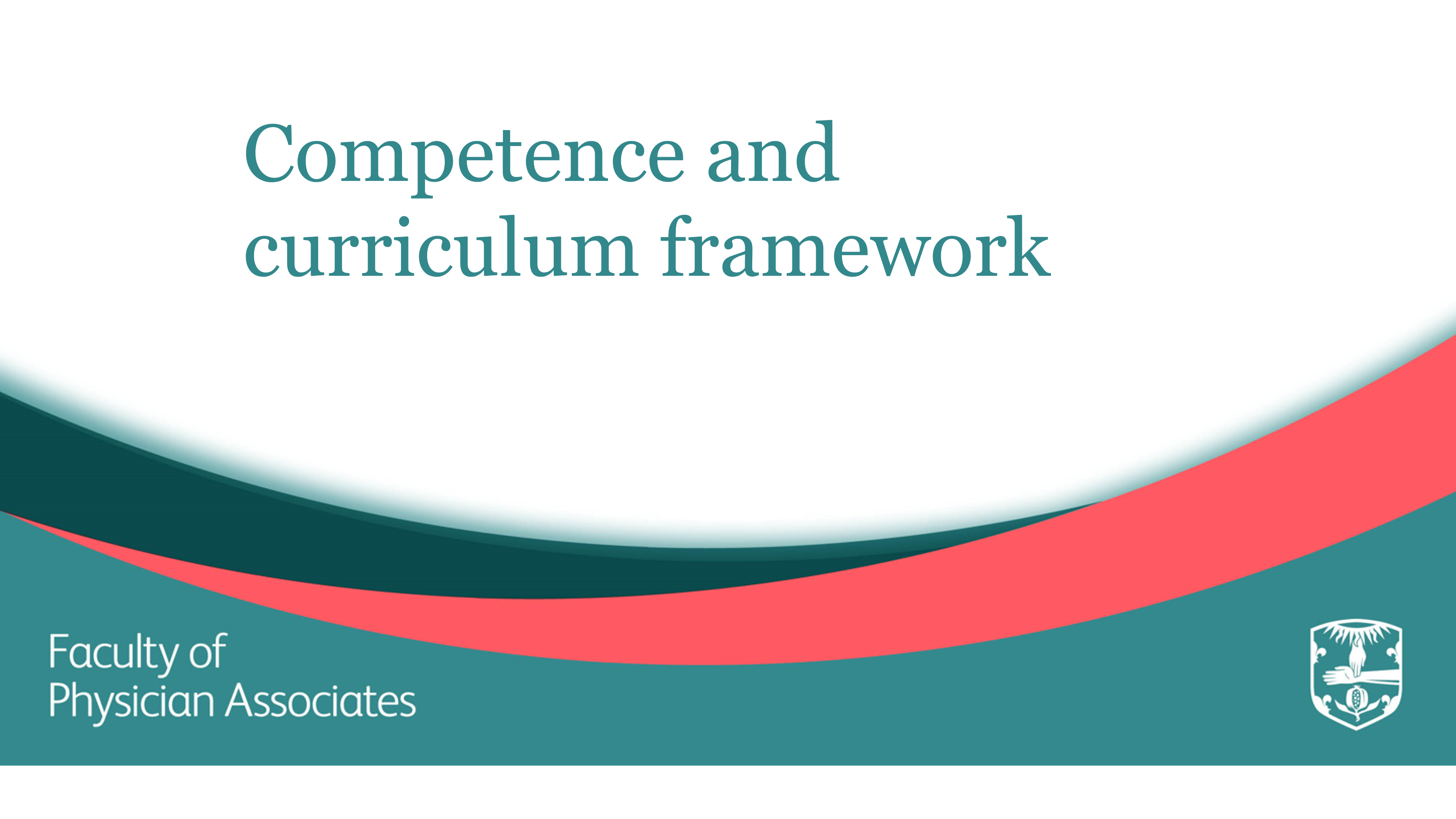Physician associates are healthcare professionals with a generalist medical education, who work alongside doctors as an integral part of the multidisciplinary team. Physician associates work under the supervision of a fully trained and experienced doctor.
At the FPA, we're here to help guide and support employers who employ PAs or are looking to employ them in the future. We are currently reviewing and updating our employer guidance document and our previous guidance is no longer available to download. If you're an employer with a specific question or query, please get in touch with us via [email protected] for support during this time.*
*Updated June 2023.
If you’d like to talk to a PA directly about the scope and potential of the role within your organisation, Health Education England run a PA ambassador programme. These are experienced individuals working in primary and secondary care. Make contact in your area to see what ideas, advice and support they can offer.
London: [email protected]
South Yorkshire: [email protected]
Yorkshire, Humber, Coast & Vale: Billie Lowson (primary care), [email protected] & Declan McHugh (secondary care), [email protected]
West Yorkshire: Asad Khan (primary care) to be updated
NE England & Cumbria: [email protected]
NW England: [email protected]
SE England: [email protected]
East of England: [email protected]
Midlands: [email protected]


